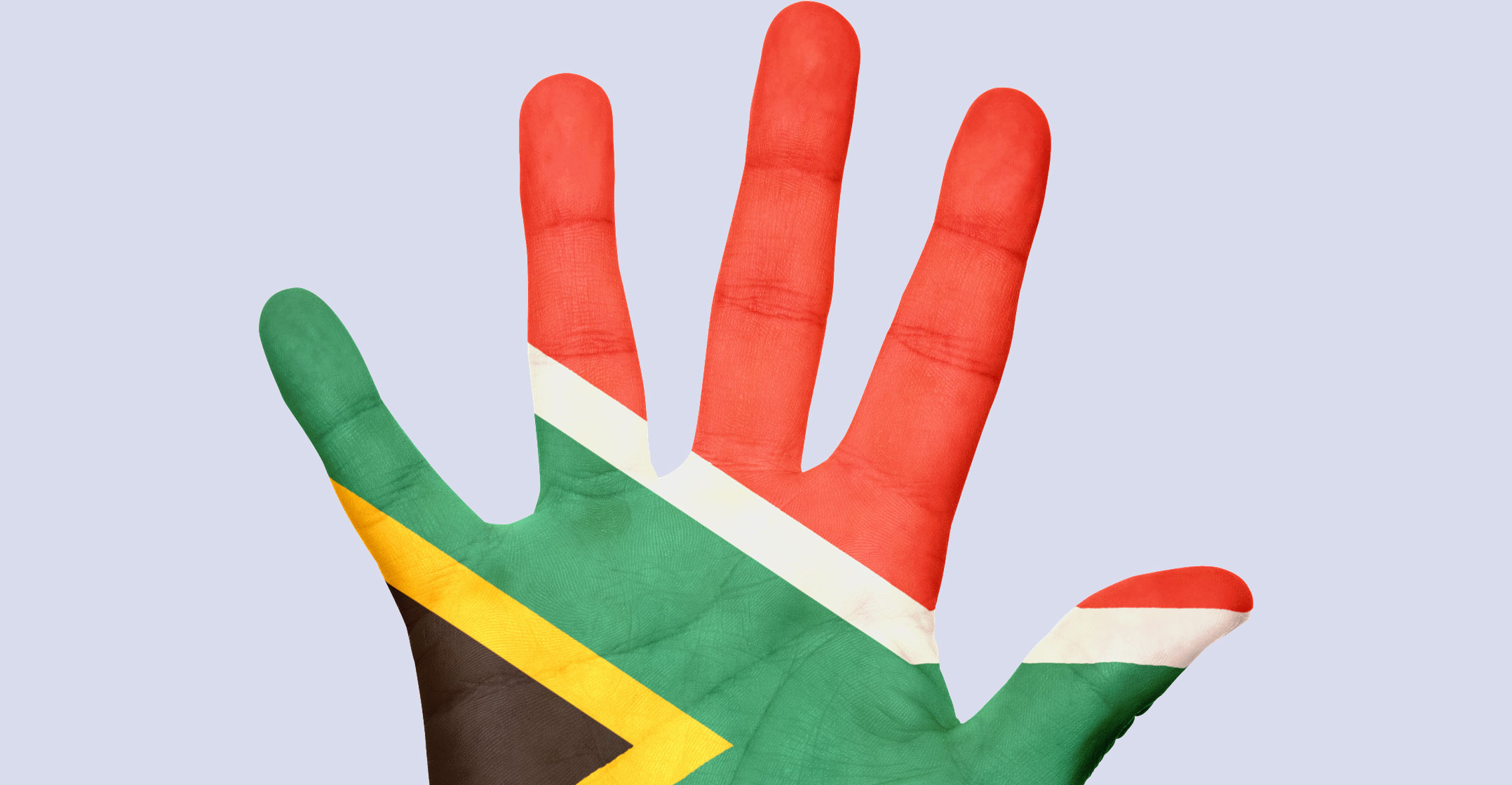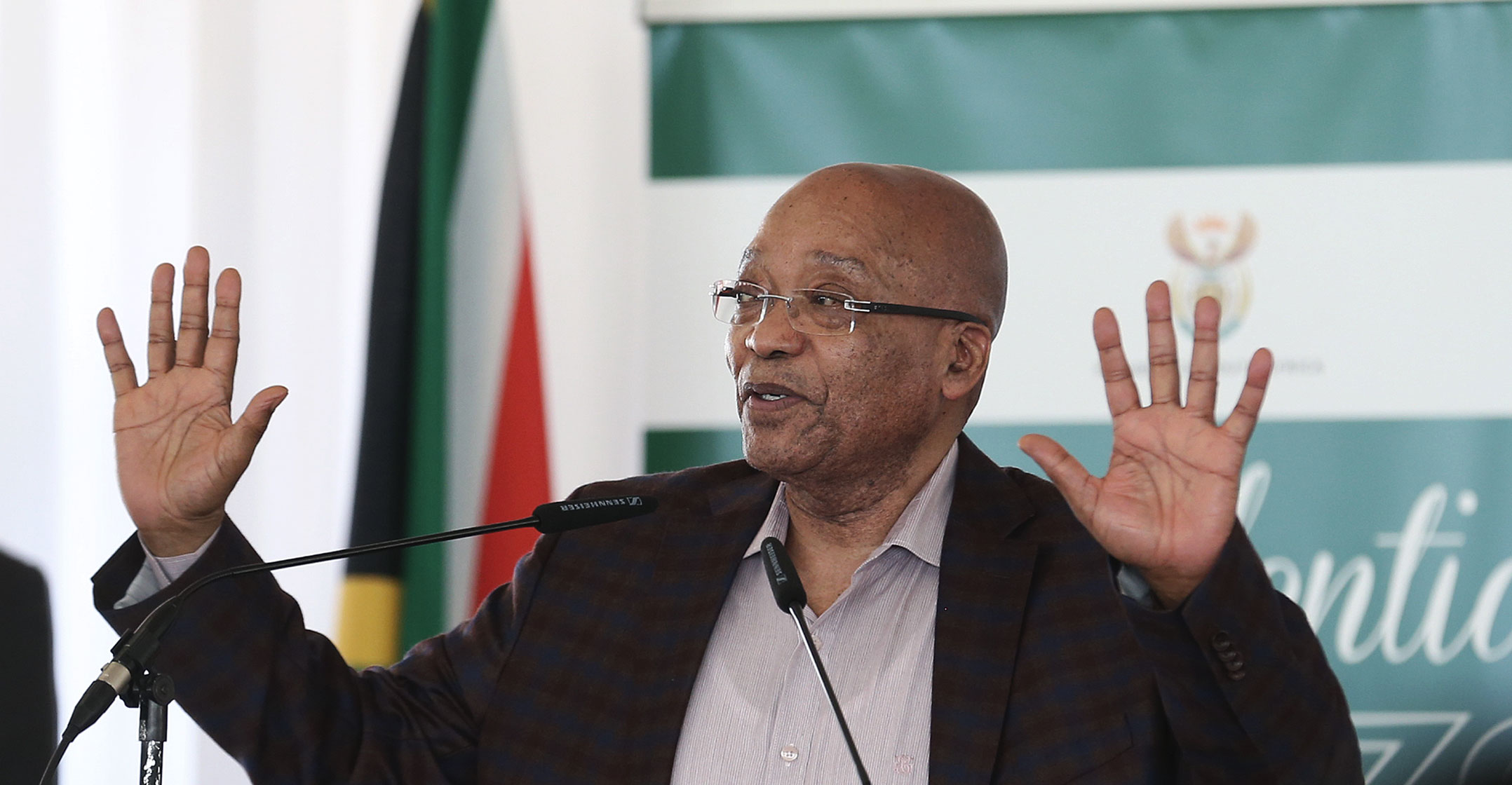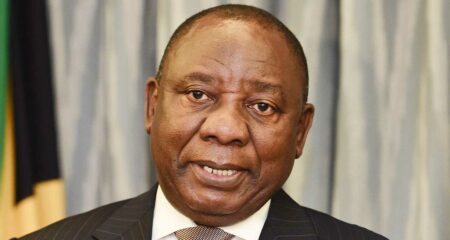 South African taxi drivers, private security companies and ordinary civilians are stepping up to protect their businesses and communities following days of rioting and looting that the authorities have failed to quell.
South African taxi drivers, private security companies and ordinary civilians are stepping up to protect their businesses and communities following days of rioting and looting that the authorities have failed to quell.
Protests erupted on 10 July, triggered by former President Jacob Zuma’s incarceration on contempt-of-court charges, and quickly degenerated into a free-for-all in KwaZulu-Natal and Gauteng. At least 72 people have been killed, making the uprising the deadliest since apartheid ended in 1994. Hundreds of business have been ransacked by marauding mobs, and with the police unable to restore order others have stepped into the breach.
“Our plan is to make sure that our taxi drivers must protect the malls,” Bafana Magagula, strategy manager for the South African National Taxi Council, said on Wednesday by phone. “Any structure that is demolished where large groups of people are working, we are losing, it’s minus, minus. If we don’t protect those structures, at the end of the day we will be out of business.”
Community leaders also organised people to guard shopping malls in Gauteng, and the situation remained relatively calm there on Wednesday, said Vuyo Mhaga, a spokesman for the province’s premier, David Makhura. The police applauded the communities’ efforts in a Twitter posting.
Private security contractors were deployed to guard filling stations and other key facilities in KwaZulu-Natal. With more than 100 mobile phone towers destroyed by protesters, the nation’s telecommunications regulator issued a direct plea to communities to help guard communications infrastructure.
Icasa condemns violence
“Any disruption of communication services could prove disastrous and result in increased mortality, as emergency calls may be directly impacted,” Keabetswe Modimoeng, the chairman of Icasa, said in a statement.
Some business groups have urged President Cyril Ramaphosa to give the police and army additional powers to end the violence, fearing that community and private militias will mete out their own form of justice. Video footage published on Johannesburg-based radio station Kaya 959’s website showed private security guards firing live ammunition at a mob on Tuesday.
“The beer industry is calling on the national government to urgently declare a state of emergency and drastically increase the number of South African Defence Force officers deployed,” the Beer Association said in an e-mailed statement.

While the government has deployed more than 2 500 soldiers to back up the police, it’s shied away from declaring a state of emergency — a measure the government resorted to counter opposition to white minority rule. The security agencies said 549 people had been arrested in KwaZulu-Natal and 683 in Gauteng by late Tuesday.
Ramaphosa’s office said he is consulting with the leaders of religious groups, business and political parties on how best to restore stability.
“The National Prosecuting Authority is putting together a team of special prosecutors who have been instructed to oppose bail for suspects associated with public violence and economic sabotage,” it said in a statement late on Tuesday. Law enforcement agencies have also been instructed to enforce a night-time curfew that was already in place to try contain the spread of the coronavirus, it added.
The turmoil has exacerbated economic hardship caused by the coronavirus and associated lockdowns, and rattled the financial markets.
South African banking stocks fell for a third day on Wednesday following their steepest plunge since December on Tuesday. The rand steadied after plunging to the weakest level since April on Tuesday. The currency was 0.1% weaker at R14.74/US$ as of 10.51am in Johannesburg.
A foreign exit from South African stocks has gathered pace, with non-residents selling R4-billion of local equities on Tuesday, the largest outflows since November.
“The devastating impact of Covid-19 has already caused tragic loss of lives and livelihoods,” Mike Brown, the chief executive officer of Nedbank Ltd., the nation’s fourth-largest lender, said in a statement. “This lawlessness by some will result in even further devastation to the lives of many. It harms our country and all South Africans.” — Reported by Loni Prinsloo and Renee Bonorchis, (c) 2021 Bloomberg LP




